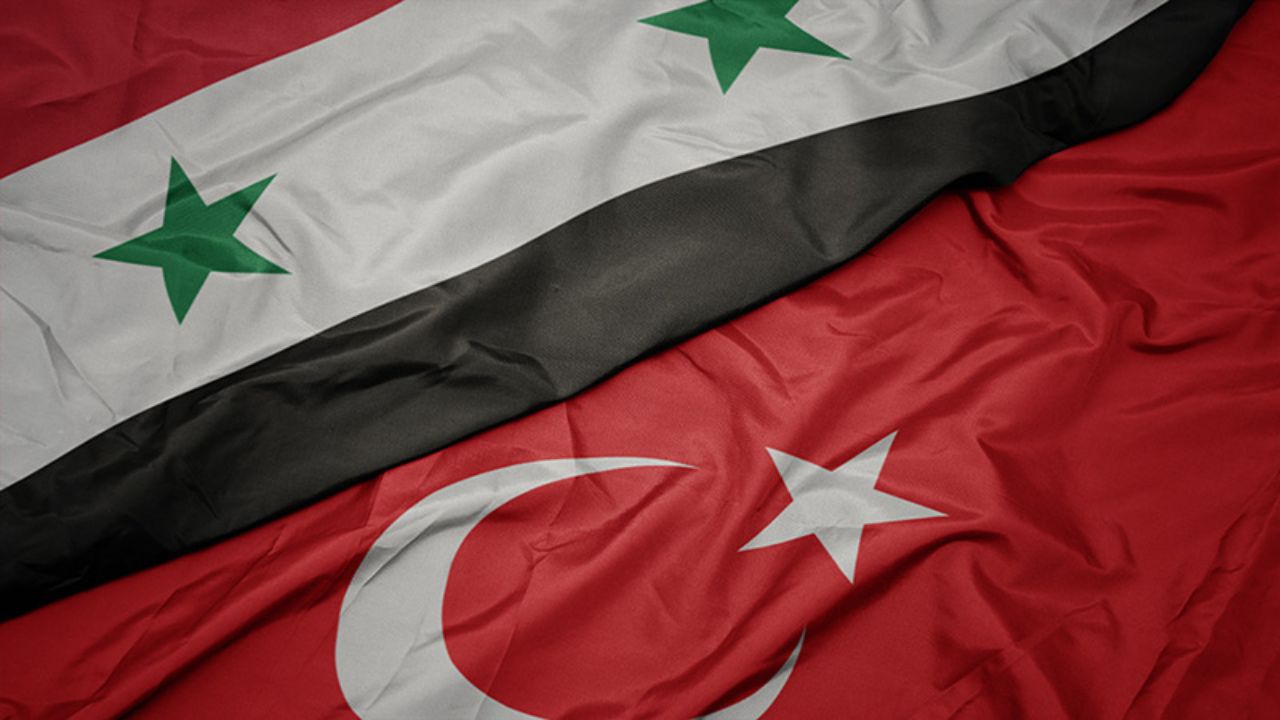
Publication
Syria ready for negotiations with Turkey

ARVAK Center comment, 04.12.2024(1)
A new element has emerged in the processes surrounding Syria. The main news following the fall of Aleppo is that B. Assad is ready to negotiate with R. Erdogan. The fact is that over the past year, it was the Turkish president who tried to persuade his Syrian counterpart to negotiate about the fate of the Syrian Arab Republic (SAR), while B. Assad was reluctant to make contact.
According to Arab sources, the Syrian president then set the following preconditions for dialogue: the complete withdrawal of Ankara’s regular troops from northern Syrian territories, the disarmament of the pro-Turkish “Free Syrian Army” (FSA) and other jihadist groups affiliated with the Turkish secret service MIT in Syria, and the unconditional recognition of the sovereignty and territorial integrity of the SAR.
Turkey, not agreeing with these preconditions, in turn, presented its own list of demands to Damascus. The main ones included: B. Assad’s refusal to support Syrian Kurds, ensuring security and social guarantees for the return of about 3 million Syrian refugees from Turkey to their homeland, full pardon of pro-Turkish militants in the SAR, and the organization of free elections throughout the Arab republic.
It is expected that if direct dialogue between the countries starts now, given the current situation on the ground, the Turkish negotiating position will look much stronger. The Syrian authorities are now extremely eager to stop the advance of the “rebels” south of Aleppo and, therefore, they are unlikely to continue insisting on preconditions.
Damascus finds itself in the role of a peace seeker, which means Ankara can expand its list of demands to the SAR.
It can be assumed that during the emergency meeting in Moscow with V. Putin, B. Assad was advised to listen to Ankara and abandon “maximalist demands”. Following this logic, it is highly likely that in the followed telephone conversation with Turkish Foreign Minister H. Fidan, S. Lavrov asked Ankara to meet B. Assad halfway and limit excessive pressure on Damascus. Given the complex situation in Ukraine Moscow obviously cannot offer anything more tangible to its ally, the SAR.
In this context, Iran’s situation is not much better, as its problems in Lebanon and around the country as a whole are pushing Tehran to create a positive backdrop for the expected Turkish-Syrian negotiations. It is for this purpose that Iran’s Foreign Minister A. Araghchi is engaged in “shuttle diplomacy” between Ankara and Damascus. As a mediator, it is important for Iran to preserve the situation in Syria at least in its current configuration, since at this stage, the existential danger to B. Assad’s regime comes not only from the jihadist armies that have taken Aleppo but also from unrest within the Syrian president’s military-political environment, as evidenced by a recent shootout between the government forces in Damascus itself.
In parallel with seeking a political-diplomatic resolution to the situation, Moscow and Tehran have expressed their readiness to provide military assistance to Damascus. However, at least in the near future, this will likely be insufficient for successful military operations and a decisive change in the situation through purely military means.
Another interesting point in the situation is that Ankara, which is apparently coordinating anti-Assad forces’ activities together with Israel and the USA, will bargain with Assad independently, without consulting Washington and Tel Aviv. It is possible that R. T. Erdogan himself was initially cautious about plans to destabilize the situation in Syria, as the consequences of such actions are not yet fully clear for Turkey. On the other hand, even if Turkey is forced to participate in this military campaign, it has a chance for successful bargaining not only regarding Syria but also its entire Middle East agenda. It can be assumed that the USA and Israel will not oppose to Ankara’s demands, while Russia and Iran, are at least, ready to listen to them.
(1) The original (in Rus.) was posted on our website on 04.12.2024.
